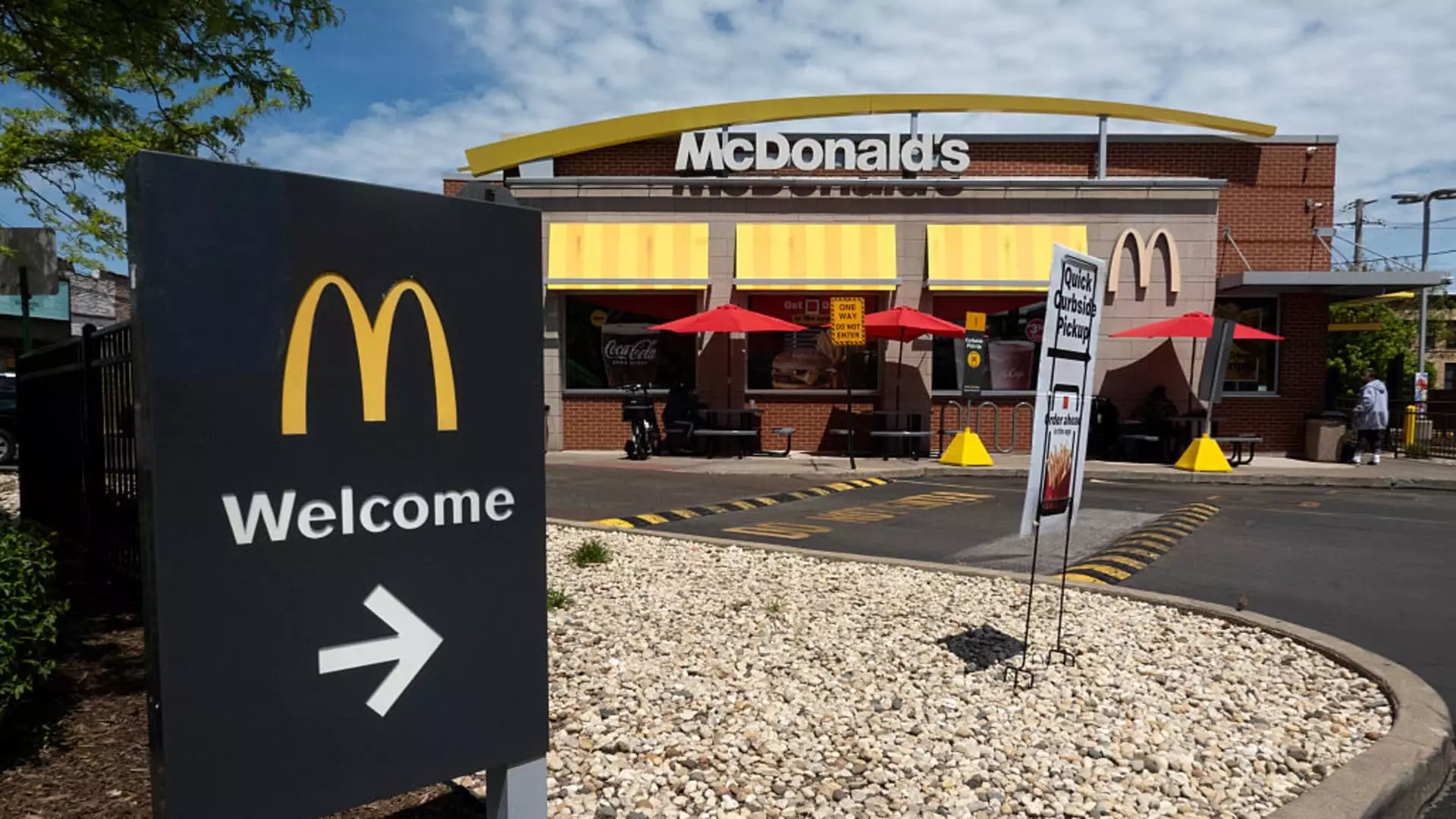The stock market’s perpetual rollercoaster ride demands a strategy that blends growth with resilience. While the S&P 500 recently achieved record highs, underlying macroeconomic uncertainties remain an ever-present challenge. Investors focusing solely on capital appreciation risk exposure to sudden downturns. This reality makes dividend-paying stocks not just a safety net but a compelling component of a robust portfolio. Dividends provide steady income, helping to offset volatility when price swings become erratic, delivering a cushion against broader economic shocks.
Importantly, the reliability of dividend payments depends on a company’s fundamentals: steady cash flow, durable competitive advantages, and solid management execution. Wall Street analysts, who analyze these dimensions thoroughly, can serve as valuable guides to identifying firms that not only pay dividends but do so with a sustainable and growing policy. Let’s dive into three dividend stalwarts favored by top industry experts that blend stability with growth potential in today’s choppy landscape.
McDonald’s (MCD): The Quintessential Dividend King
Few companies embody financial discipline and competitive dominance quite like McDonald’s. With an unbroken streak of 49 years of consecutive dividend increases, McDonald’s is marching toward the elite “Dividend King” status—a title reserved for companies that have raised dividends for 50+ years. Offering a 2.4% yield, McDonald’s benefits not just from its payout but from the quality of its business model.
Jefferies analyst Andy Barish’s bullish stance on McDonald’s reflects confidence in the company’s defensive strength and operational prowess. Barish points out McDonald’s ability to consistently accelerate same-store sales in the U.S. and expand units, leveraging economies of scale, aggressive marketing, and innovation in menu offerings. McDonald’s also remains a beneficiary of consumers trading down to value brands amidst cost pressures, and its global footprint anchors its free cash flow generation, enabling continued dividends and share repurchases.
From a center-right, liberal economic viewpoint, McDonald’s embodies the virtues of capitalist efficiency and brand power rewarded by the market. Unlike riskier tech or speculative sectors, McDonald’s offers tangible goods at accessible prices, flourishing even in uncertain economic climates—a pragmatic choice for investors seeking steady returns.
EPR Properties (EPR): Riding the Rebound in Experiential Real Estate
EPR Properties is a Real Estate Investment Trust (REIT) with a niche focus on entertainment and experiential properties—movie theaters, amusement parks, ski resorts—sectors hit hard by the pandemic but poised to bounce back strongly. With a relatively high dividend yield of 6.2% and recent dividend boosts, EPR signals confidence in emerging growth after navigating unprecedented challenges.
Stifel analyst Simon Yarmak’s upgrade of EPR spotlights a critical inflection point: the company’s weighted average cost of capital has dropped significantly, freeing it up to accelerate acquisitions and expand. This marks a decisive turnaround from the cautious stance many took during the pandemic’s peak uncertainties. Yarmak also highlights the improving fundamentals of the theater industry and growing sources of earnings through innovative percentage rent mechanisms.
From a pragmatic investor’s perspective, EPR offers a calculated bet on life returning to normal—with consumers eager to spend on experiences once deemed luxury but now considered essential for quality of life. The ability of management to leverage lower capital costs for strategic growth shows adaptability in a sector where many still harbor doubts. This makes EPR a noteworthy blend of income and growth potential for those willing to navigate the post-pandemic recovery.
Halliburton (HAL): A Resilient Player in the Energy Landscape
In a world grappling with energy transition, oilfield services companies like Halliburton remain indispensable cogs in the global energy machinery. With a steady 3.3% dividend yield and a strategic focus on international markets—where 60% of revenue is generated—Halliburton stands as a resilient industrial stock. Goldman Sachs analyst Neil Mehta’s positive outlook pins on the company’s differentiated technology and its positioning in unconventional drilling markets, which are less sensitive to short-term disruptions.
The North American headwinds might temper enthusiasm, but Halliburton’s diversified geography and investment in electric contracts provide a buffer. Management’s focus on “idiosyncratic growth” opportunities—such as expansion in Argentina and Saudi Arabia, and innovation in directional drilling—illustrates a company not waiting passively for energy transition but actively seeking avenues for sustained profitability.
From a center-right liberal economic angle, companies like Halliburton encapsulate the need to balance energy security with evolving technologies—a realistic approach rather than an ideological one. The ability to generate robust free cash flow and maintain dividends in a cyclical industry speaks to quality capital allocation and resilience often undervalued by short-term market sentiment.
The Strategic Case for These Dividend Titans
What connects McDonald’s, EPR Properties, and Halliburton beyond their dividend yields is disciplined management, strong competitive moats, and thoughtful adaptation to current economic challenges. These are not “speculative” picks chasing fleeting trends; they reflect businesses grounded enough to pay dividends consistently while calibrated for growth and durability.
Investors aligned with center-right liberalism should admire the entrepreneurial spirit and pragmatic governance these companies demonstrate—building shareholder value through real-world products and services, managing risk, and delivering predictable returns. In market conditions defined by uncertainty and geopolitical headwinds, dividend stocks such as these can serve not just as income generators but as pillars of a thoughtful portfolio built on economic realism rather than wishful thinking.

